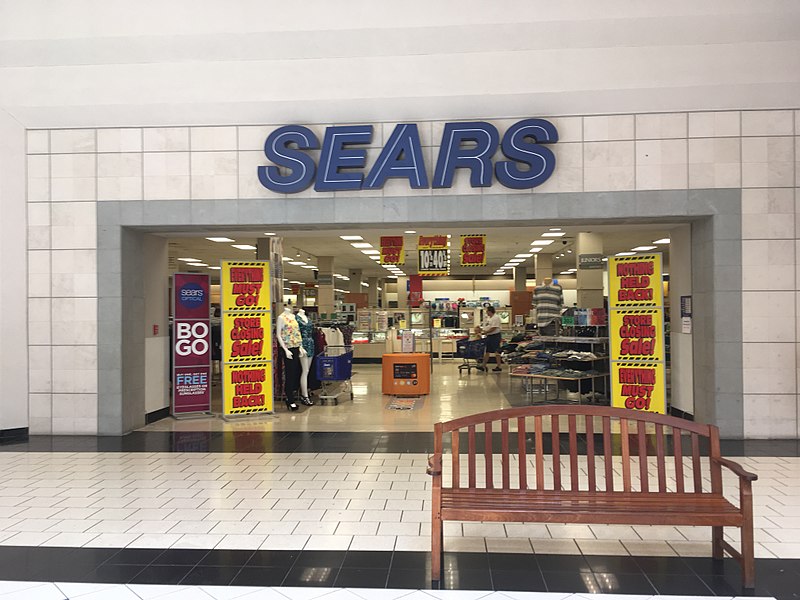Two guys from Sears came to my house last week to fix an oven on the blink, but wound up offering a glimpse into the future.
They said they were concerned about their jobs. I didn’t know about all of the Sears downsizing. They said the company’s stock had sunk to new lows. The truth is, I hadn’t even thought about Sears, much less its stock, for years and years.
Then came the news that fewer and fewer people have been thinking about the company, which once was America’s largest retailer. This week, Sears filed for bankruptcy protection.
It’s been coming for quite a while. Over the years, they’ve closed hundreds of stores around the country, and plan to close at least 142 more, according to news reports. A decade ago, they had 302,000 employees. Now they’re down to 68,000 (including some who work for Kmart, which Sears also runs.)
Those numbers made me think of the two guys at my house. One was a 25-year Sears veteran, the other a young fellow just starting out. But both are part of the modern insecurity thrust upon working people by the various new technologies.
In the case of Sears, it’s as obvious as the shopping malls many of us used to find so inviting and many more now consider an afterthought. Millions of us find it more convenient to shop online than drive to a mall and stroll past vacant storefronts that used to bustle with customers.
Sears was Amazon before there ever was an Amazon – the place to go for whatever you needed. At Sears, you could buy anything from clothing to washing machines to tombstones. You want evidence? Find one of those old Sears catalogs, which were bigger than municipal telephone books.
(You could even credit Sears for that quintessentially American music genre known as the blues, since rural African-Americans living in the Jim Crow-era Deep South frequently bought their cheap, rudimentary guitars from the retail giant’s famous catalog).
But the company was in trouble even before the computer age, from retailers like Walmart and Home Depot. Amazon and other online shopping opportunities have simply supplied nails for the corporate coffin.
It’s not just the financial shakiness of an American corporate icon that makes us pay attention now. It’s one more symbol of the changing culture of shopping. And, more than that, it’s another sign of anxiety over jobs.
Those two guys who came to my house last week were giving me an early glimpse of the bankruptcy news that came a few days later. But they’ve been living with the anxiety for a lot longer.
 A former Baltimore Sun columnist and WJZ-TV commentator, Michael Olesker is the author of six books. His most recent book, “Front Stoops in the Fifties: Baltimore Legends Come of Age,” published by the Johns Hopkins University Press, is now in paperback.
A former Baltimore Sun columnist and WJZ-TV commentator, Michael Olesker is the author of six books. His most recent book, “Front Stoops in the Fifties: Baltimore Legends Come of Age,” published by the Johns Hopkins University Press, is now in paperback.





